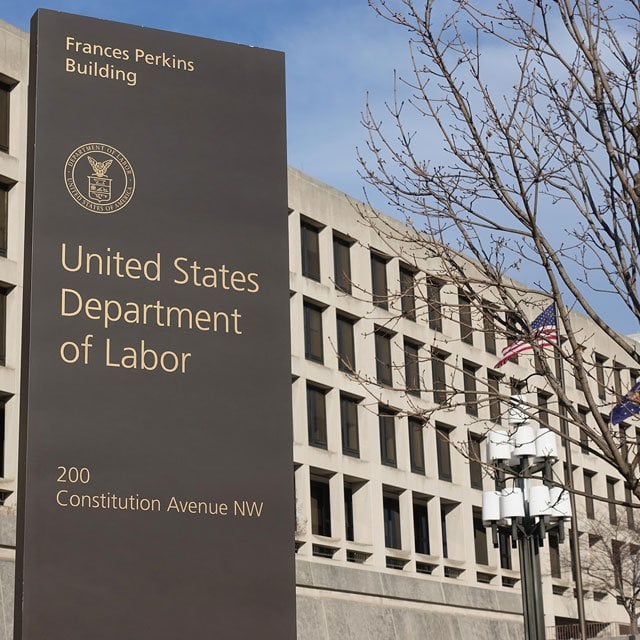DOL Indie Contractor Rule Would Cause 'Significant Disruption'

What You Need to Know
A survey by Oxford Economics elucidates the potential negative impacts of a change to the DOL’s current independent worker classification.
Up to one-fifth of independent financial advisors would rather retire than lose status as an independent contractor.
The shift could also result in reduced access to investment advice and higher costs for investors.
The Labor Department’s new independent contractor rule would cause “significant industry disruption and create a great deal of confusion and uncertainty about independent contractor classification,” according to a just-released survey by Oxford Economics, commissioned by the Financial Services Institute.
Oxford’s analysis is based on a “detailed survey” sent to financial advisors (614 responses) and independent financial services firms (14 responses, or 17% of FSI member firms), and in-depth interviews with a set of three independent financial services firms and three independent financial advisors.
The effect of the DOL’s new rule “will not only be on independent financial services firms that have developed business models reliant on existing rules, but also on financial advisors who enjoy their independence, and Main Street investors served by independent financial advisors,” the report states.
The survey responses and interviews “indicate that the rule may result in industry disruption, significant costs, and potential harm to investors,” according to Oxford.
The DOL released on Oct. 11 a proposed rule that would replace the existing 2021 test under the Fair Labor Standards Act used to determine worker classification as either an independent contractor or an employee.
The new Labor rule would replace the 2021 rule that went into effect as a result of a ruling in March by the U.S. District Court for the Eastern District of Texas that Labor’s delay and withdrawal of its independent contractor rule violated the Administrative Procedure Act.
The study cites the following as likely outcomes from the rule:
An overwhelming majority of independent financial advisors would want to remain independent and not move into W-2 employee status, and would contemplate steps such as forming their own registered investment adviser firm to retain their independent contractor status.
The potential retirement of up to a fifth of independent financial advisors, classified as employees.
Substantial costs to financial advisors and financial services firms from a shift to employment status.
Reduced access to investment advice, fewer product and service provider choices, and higher costs for Main Street investors.
Oxford states that independent financial services firms estimated about 34% of advisors would choose to become employees of their firm; 46% would stop offering broker-dealer services and only provide registered investment advisor services; and 13% would retire.




